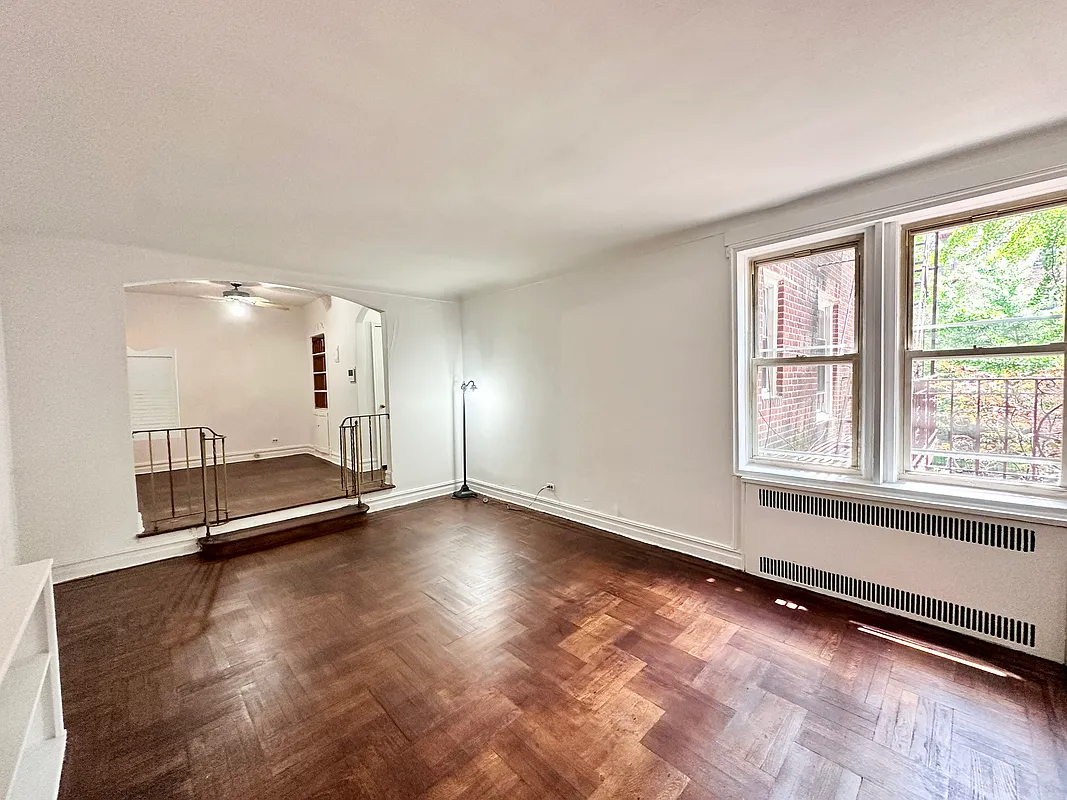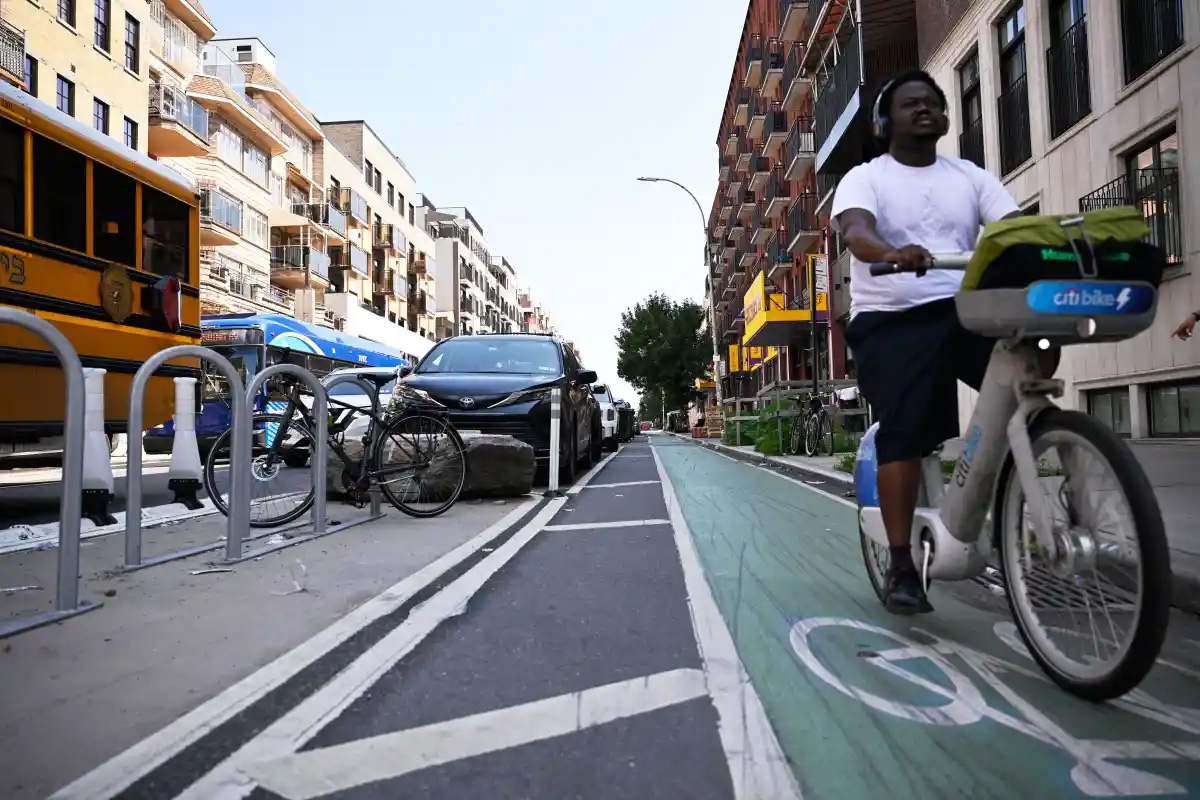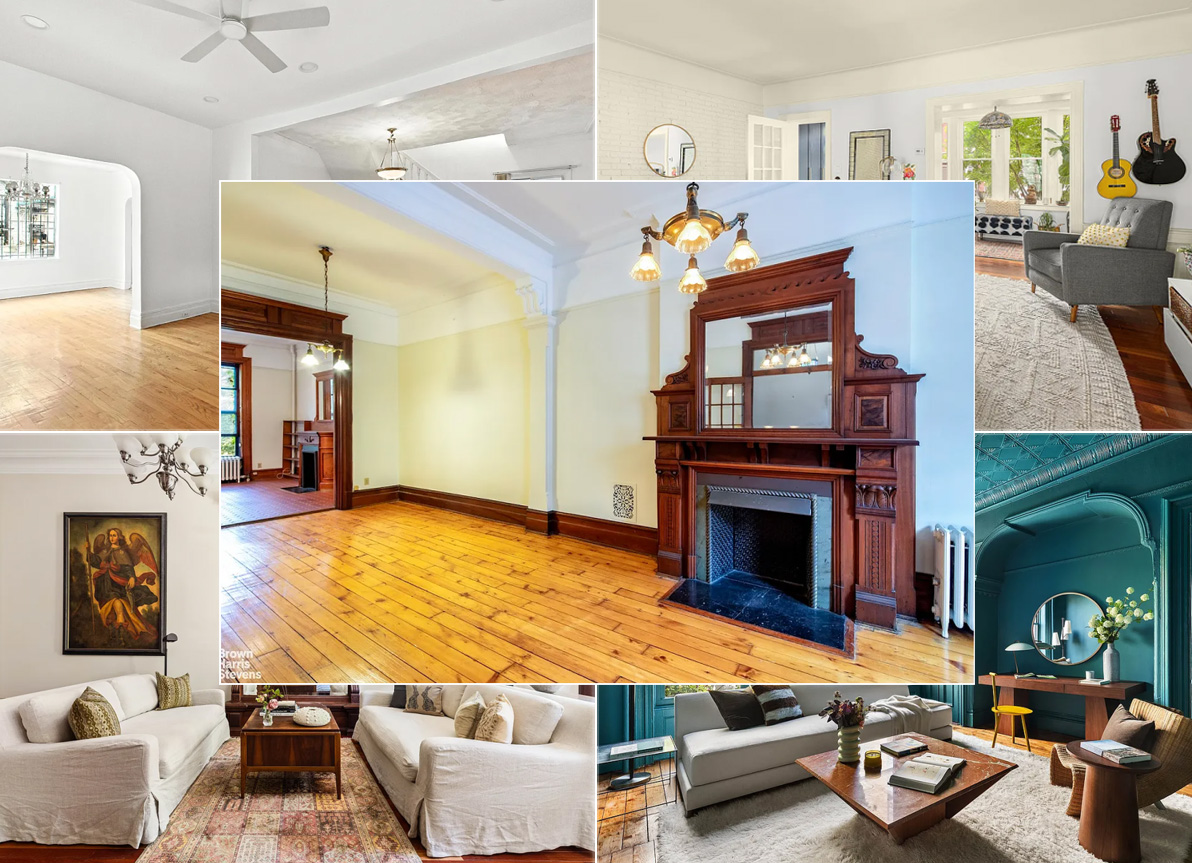The Luxury of the Garage
The bar for “luxury real estate” continually rises in New York these days—wine cellars, heated pools or screening rooms are increasingly par for the course. But perhaps the most coveted amenity continues to be the parking garage, says the New York Times. Their recent tally of listings in Manhattan and Brooklyn with garages included a…


The bar for “luxury real estate” continually rises in New York these days—wine cellars, heated pools or screening rooms are increasingly par for the course. But perhaps the most coveted amenity continues to be the parking garage, says the New York Times. Their recent tally of listings in Manhattan and Brooklyn with garages included a dozen from $1.195 million, for a Crown Heights brownstone, to $18.75 million for a Greenwich Village carriage house. A garage, according to Jonathan Miller, chief executive of Miller Samuel Inc., can easily add five percent to a house’s asking price, and sometimes as much as 25 percent. One Bedford-Stuyvesant resident moved into a Crown Heights four-bedroom brownstone with a garage, which he’s now selling for $1.195 million — apparently having all that storage space for rakes and such resulted in an insatiable desire for the suburban life. The article comes on the heels of a Transportation Alternatives study called “Suburbanizing the City,” which critiques the Bloomberg administration’s policy of requiring developers to build off-street parking with new buildings, which, they say, will add 170,000 new cars on city streets by 2030. Might make the buildings more desirable and valuable, but, according to TA, garages and off-street parking could add 431,000 tons of CO2 per year by 2030.
The Ultimate Luxury: A Garage [NY Times]
Suburbanizing the City (PDF) [TA]





Nobody has mentioned that the CH prop was orig asking 1.6m, quite a dip, garage or no garage.
Sure Steve. Tell him I said hello. No one person designed the ACRIS system. It was a system that was developed over a number of years with numerous revisions and input from several agencies including DOF, DOB, DoITT, etc…
I more shocked I don’t see more homeowners with big bald spots where they’ve pulled their hair out.
Wow- They must purposefully build in the confusion so homeowners don’t know what they are or aren’t supposed to be taxed on. I’m shocked they don’t have a paint color classification. You get taxed less for neutral colors than brights.
I just spoke with my neighbor, who was the former NYC City Register and the designer of the ACRIS system. According to him, so long as your garage doesn’t have a separate block/lot classification you shouldn’t be taxed separately for it. It’s all included in the net square footage of the block/lot. That is, there’s no “garage tax” unless you’re renting it out. Otherwise, it’s taxed the same as any out building. If the garage faces the street there may also be a “frontage tax”.
i do have a driveway, sort of… the house (and thus the garage door) is set right up to the walk, pretty much, so there’s no driveway, per se. And it IS a car garage, not a converted living space… grandfathered?
Steve, that would mean again, that I am taxed separately for the ‘G’ my garage. The ‘G’ designation is not the designation given to all permanent stand alone buildings on your property. There are other designations with ‘G’ being the most expensive because of the curb cut. Again Steve, I have gone through this and I didn’t make the rules.
Lurker, my deed outlines the boundaries of my property which includes my driveway and extends in the front of my house to the sidewalk where my lawn ends. I am ‘entitled’ to an easement to access the driveway and garage via a curb cut in the public street. I saw that stoop thread the other day and I can see how you can get confused. Unlike much of Brownstone Brooklyn, Lewis Pounds, TB Ackerson, Dean Alvord, the developers of Victorian Flatbush decided not to follow the Brownstone model and instead cut out large lots setting the houses back from the property lines to allow for front lawns which are private property. The sidewalks were also made to be extra wide allowing for the planting of trees and malls. This is what attracted me to the area. As far as what is fair, I would say that it is unfair that people make their own driveway/curb cuts and are not taxed for them. As for me, under the current system, the city via DOF is being compensated.
Wait, you have a free-standing garage, right? That explains the “Extension-G” thing. Any permanent, stand-alone building on residential property is taxed as an “improvement”, whether it’s a garage, a pottery shop, whatever.
Chaka, you said “I am entitled to the curb cut though. The title to my home clearly states as much. ” right now steve has my head spinning with information, so for personal reasons I’d like to ask how the title of your home relates to an entitlement to the public street? (I’m just also thinking about the stoop thread the other day and trying to figure out what is private and what is public property.) I have no question your the curb cuts are legal, I’m just asking how the title to your home can give you that right. Of course in the days of horse and carriage, access to the stables was necessary and present day curb cuts were grandfathered in but I seem to be missing something here.
You own the garage and the land it sits on, correct? so the DOF is taxing you on what property you own but essentially, unless there’s a line on your property assessment that says curb cut, the curb cut is essentially free. That doesn’t mean I think it’s illegal. I don’t.
In all honesty, everyone pays property taxes and everyone is required to take care of the street out front. I’m not trying to make this into an argument- I’m just looking to see a fairer system.